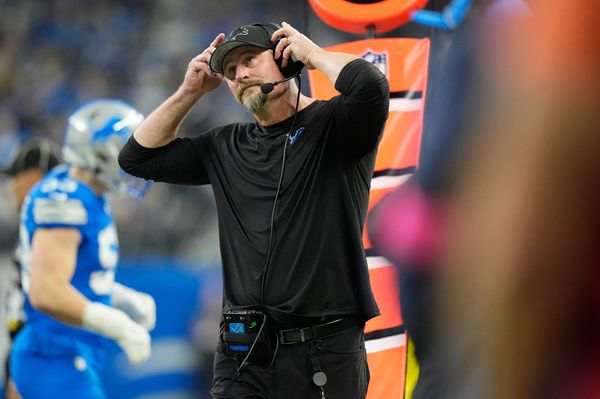A landmark California law requiring high schools to start at 8:30am or later is jump-starting similar efforts nationwide after years of intense debate over schools' starting bells.
Why it matters: Most teens don't get enough sleep — yet school start times are a hot-button political issue that divide communities, pitting teachers, parents, bus drivers, and administrators against one another.
- Pediatricians say teens need 8.5 to 9.5 hours of sleep a night, and that starting school before 8:30am is a public health issue.
- Opponents say school schedules should be decided locally — not by the state — and that a web of considerations, from transportation to after-school sports schedules, favor earlier starts.
Driving the news: California's law — which also sets 8am as the earliest that middle schools can start, and has an exception for rural districts — will affect the state's three million middle and high school students, who previously had an average start time of 8:07. It has also helped spawn similar legislation in New York and New Jersey.
- New York's bill would go further than California's, requiring all public schools to start at 830am or later.
- New Jersey's bill would set rules similar to California's, starting in 2024.
- Massachusetts, Texas, and the U.S. Virgin Islands also have related bills in the works, according to Start School Later, a nonprofit that monitors the movement.
- While school schedules are a state and local matter, U.S. Rep. Zoe Lofgren, a California Democrat, has spent years pushing federal legislation called "Zzz's to A's" that would "examine the relationship between school start times and adolescent health, well-being and performance."
California's law is "game-changing and empowering," and getting it signed was "no mean feat," said Terra Ziporyn Snider, co-founder and executive director of Start School Later.
- Before Governor Gavin Newsom signed it in 2019, it was vetoed in 2018 by Governor Jerry Brown, who cited the issue of local control and opposition from the California Teachers Association.
- At least 22 states have attempted to set new start time rules, often to see their efforts quashed by concerns about cost, bus routes, extracurricular activities, child care for working parents, and teachers' hours.
- Seven states have signed some kind of bill into law — even if it's only to study the issue — beginning with Maryland in 2014.
- "A lot of superintendents have said to me in private, 'I wish that I could just mandate something like California,'" Snider tells Axios. "They want to do this, but their jobs are on the line."
Advocates for later school start times point to a growing body of scientific research showing the benefits of delaying school until 8:30 or later: Better academic performance, higher graduation rates, happier and healthier students, lower substance abuse rates, less tardiness/absenteeism, and less drowsy driving.
- The movement was jump-started when in 2014 the American Academy of Pediatrics (AAP) called insufficient sleep in adolescents "an important public health issue."
- "These kids are suffering every year, every kid, if we don’t do something," says Bert Mandelbaum of Princeton Nassau Pediatrics, who chairs a task force on adolescent health and school start times for the AAP's New Jersey chapter.
- Parents often lobby their local school districts for later start times — only to see their efforts fizzle amid opposition (and when the activist parents' kids go off to college).
What they're saying: "For so many people ... it doesn’t really hit home 'til you have teens," said Lisa L. Lewis, a parenting journalist in California whose work is credited with helping bring about the law there.
- "This is biologically based," notes Lewis, author of "The Sleep-Deprived Teen." Kids are "not being lazy for not going to bed early," she adds.
The other side: California's law is "a disaster in the making," Bakersfield High School teacher Jeremy Adams wrote in CalMatters.
- "Parents who drop their children off for school will no longer be able to do so, since they will presumably have to be at work much earlier than their child’s new start time," he writes.
- When school ends at 4:30, "not only is it almost dark in the winter months, but consider the plight of students who want to play sports, or act in the school play, or get involved in any number of activities," he says.
The bottom line: The pandemic prompted lots of schools to start later in the morning, since commuting was eliminated — and that may smooth the way for more legislation like California's.







